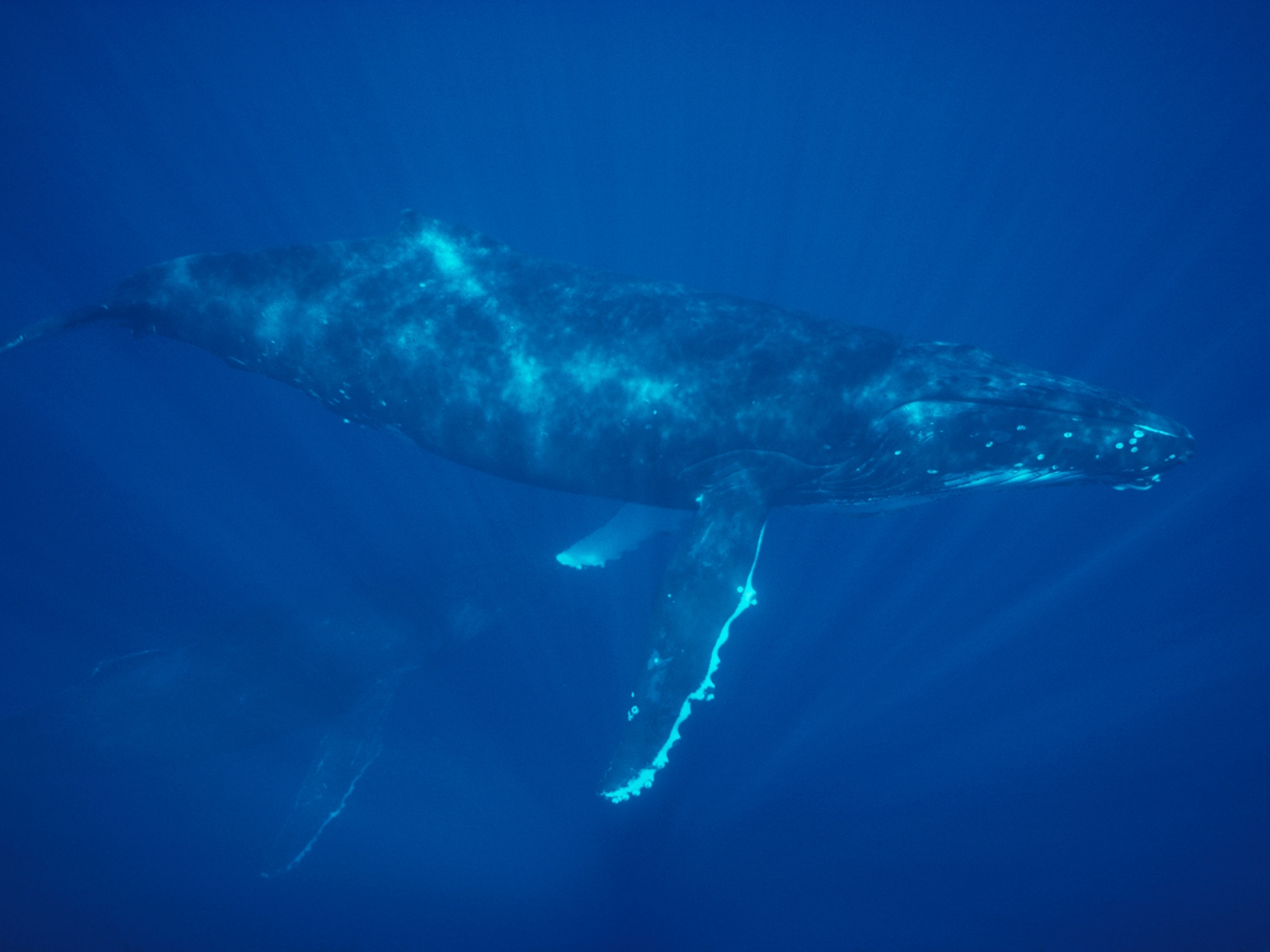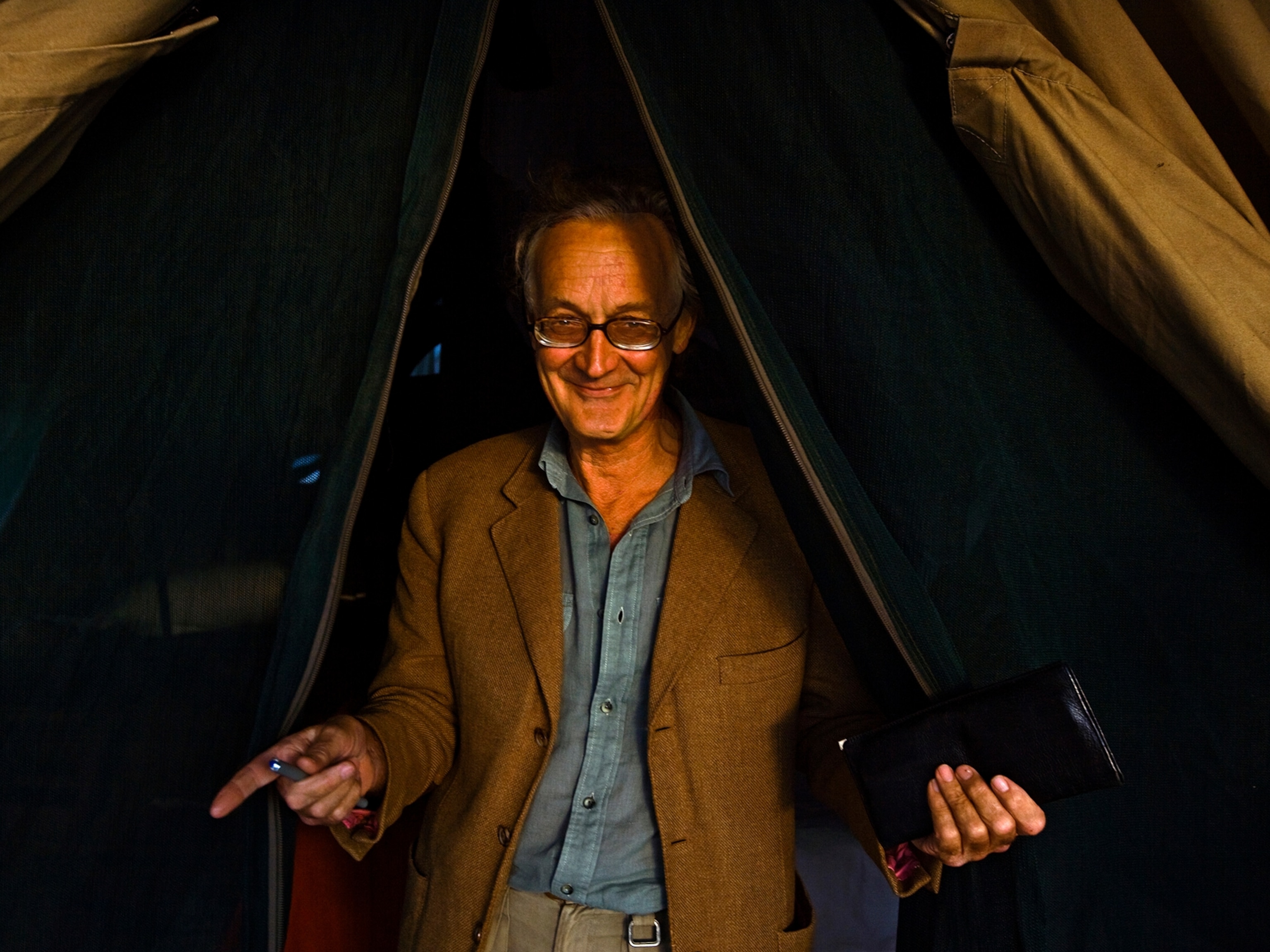This Nature Reserve Boasts Natural Beauty—and a Monkey Circus?
At Vietnam’s Can Gio reserve, a place where wildlife is supposed to be protected, monkeys are forced to jump over flames, walk tightropes, and ride bicycles.
Can Gio Mangrove Biosphere Reserve in Vietnam is known as the “green lungs” of industrialized Ho Chi Minh area. Thick mangroves reach their tentacle-like roots into the brackish water of the streams that wind through the island. A fringe of palm trees lead the way to a sandy beach. There are wetlands, mudflats, and salt marshes too, all of which help support more than 200 species of wild animals.
Designated a UNESCO biosphere reserve, the park draws tourists from around the world to see the verdant mangrove forests, the seabirds, and the thousands of wild macaques, always on the lookout for hand-outs. These wild monkeys congregate on Monkey Island, chasing down tourists for snacks and Coca-Colas, climbing trees and hugging their babies close.
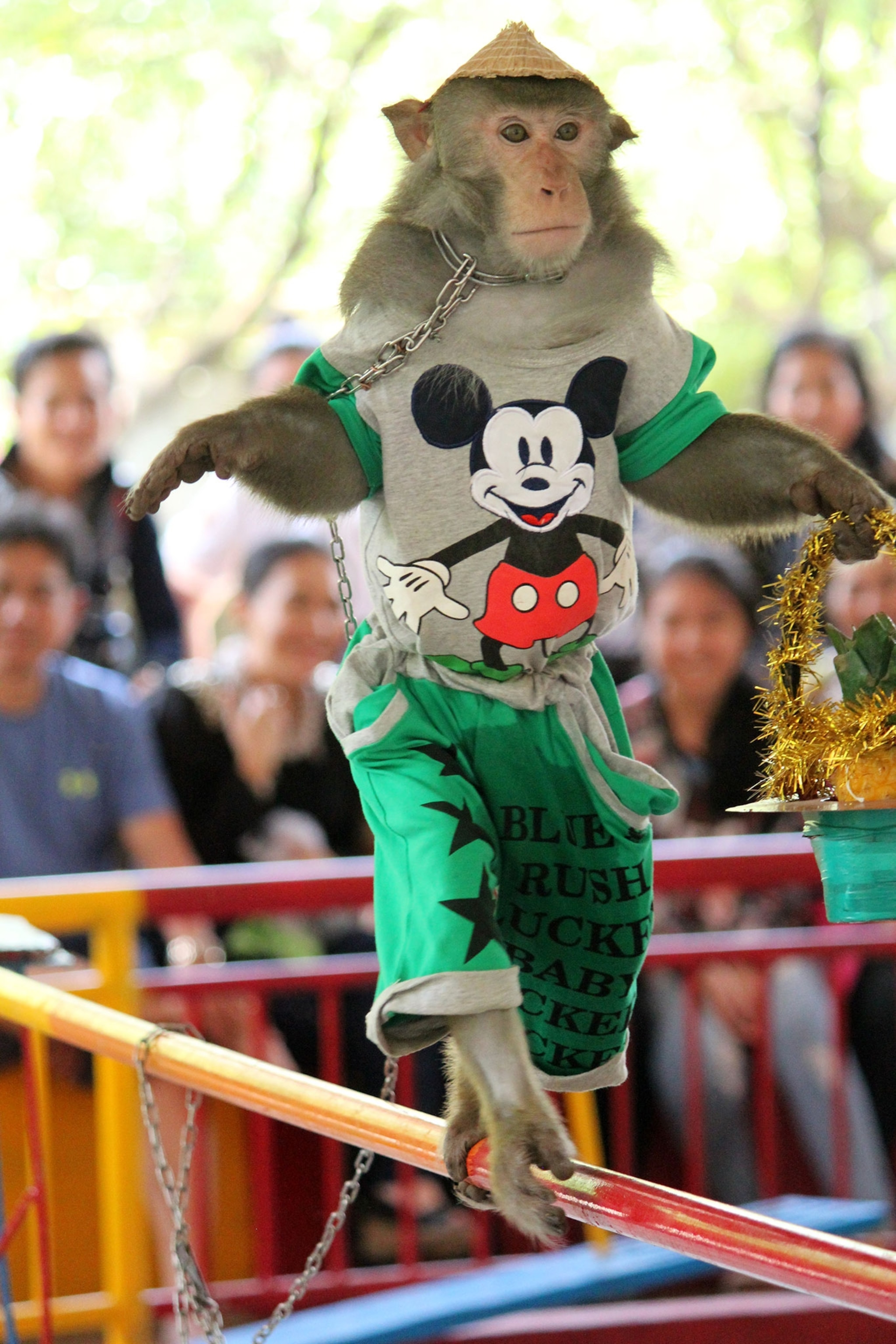
Then there are the monkeys wearing pants, dresses, and overalls. These monkeys don’t hang out in the groves of trees or on the beach. They’re in an arena surrounded by strangers on concrete benches.
These monkeys don’t climb trees or lazily pick nits off one another. They walk tight ropes, ride bicycles, and leap over flames.
These monkeys don’t retreat into the forest at night. They watch their handlers, standing close by, swinging short lengths of cord or canes, waiting to be told when their performances are over.
This is a circus—in the middle of a nature reserve.
Wildlife experts and animal advocates have long denounced such performances. To train a monkey, the animal is typically taken from its mother soon after birth and subjected to isolation and abuse during the training process. Teaching them tricks often can mean beatings or other punishments each time they don’t comply.
“These performances tell our children that wild animals are here for our entertainment, to be dressed up, forced to do unnatural tricks and laughed at, while no regard is given to what is best for the animals,” says a statement from the Hong Kong-based animal welfare nonprofit Animals Asia.
“This is the only [circus] I’m aware of inside a national reserve, which is more commonly associated with conservation and species protection,” says Dave Neale, of Animals Asia.
At Can Gio, the presence of a circus is even more surprising given that it’s a UNESCO-designated site, something most people associate with wildlife protection.
UNESCO, a United Nations agency dedicated to education, science, and culture, aims to preserve natural (and cultural sites) around the world that are of “universal value.” One way it does that is by designating biosphere reserves, like Can Gio, that demonstrate a “balanced relationship between humans and the biosphere.” These reserves are supposed to uphold certain values, including ensuring that they “contribute appropriately to conservation...and scientific understanding” and that they enforce “rational” use of natural resources, including wildlife.
Neale went to investigate the circus last year after being alerted to it by supporters. He argues that wild animal circus performances violate the spirit and stated goals of UNESCO’s biosphere reserves.
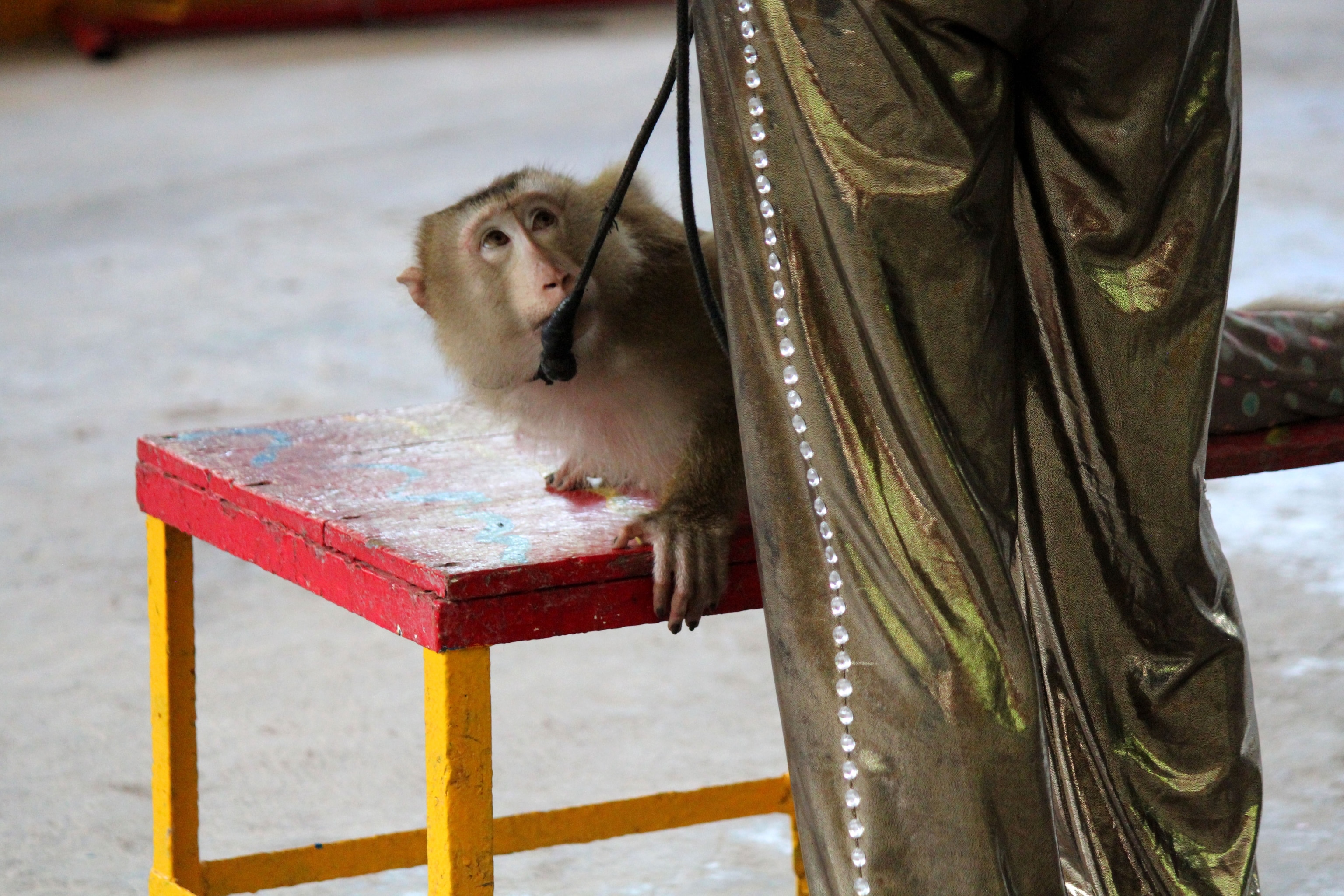
Animals Asia released a video this month showing the circus and calling on UNESCO to take action.
At one point in the video, a handler leads a monkey by a leash attached to his collar. The monkey grasps the leash to keep from being choked. Another shot shows a monkey facing the wall, chewing his foot. That kind of behavior is a sign that the animal isn’t happy. “It’s gone into a very bad psychological situation,” Neale says.
NO ACTION FROM THE PARK OR UNESCO
Animals Asia contacted the park after Neale’s visit to express concern. In the response, the park denied any maltreatment.
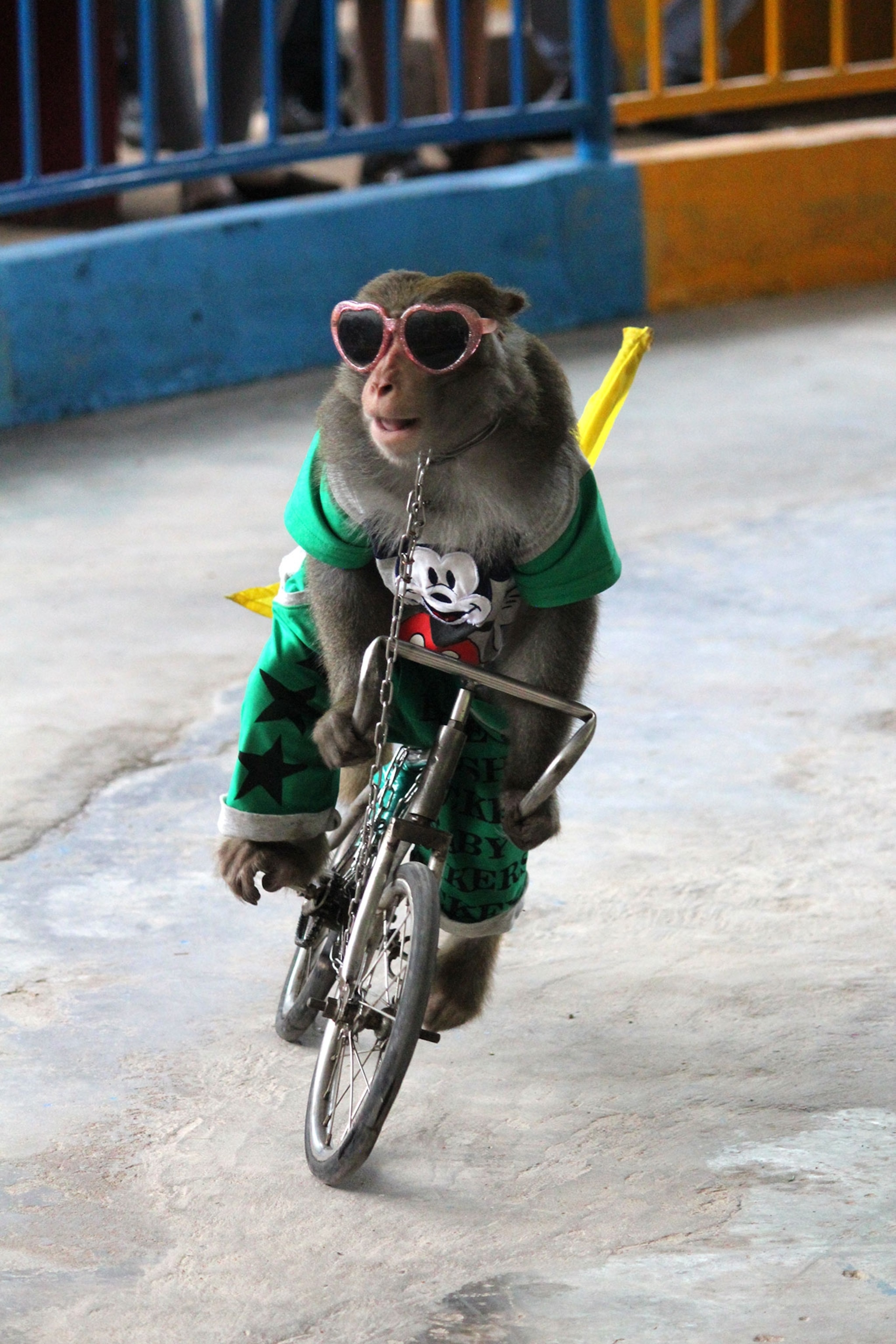
“Through the performances we are sending the public a message that they should respect nature and animals, and that animals are friendly to humans,” the response read, according to Animals Asia’s press release. The statement went on to say that the animals were well treated and were never abused. The park’s management organization did not respond to National Geographic’s requests for comment.
Animals Asia also contacted UNESCO. The organization’s Vietnam office called the circus a “violation of bio-ethics and eco-ethics” and said it should be shut down.
“The use of animals in circus performances with physical and mental abusive acts should not happen anywhere... especially at a biosphere that was accredited by UNESCO,” the UNESCO Vietnam office wrote to Animals Asia. Neale said they also contacted UNESCO headquarters but received no response.
When National Geographic contacted UNESCO headquarters for comment, the secretary of the Man and Biosphere Program, which oversees the biosphere reserve program, said only that his office will alert Vietnam's UNESCO office—the office Animals Asia alerted last year.
To date, no action has been taken.

